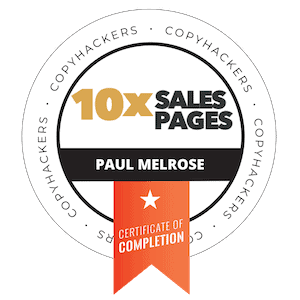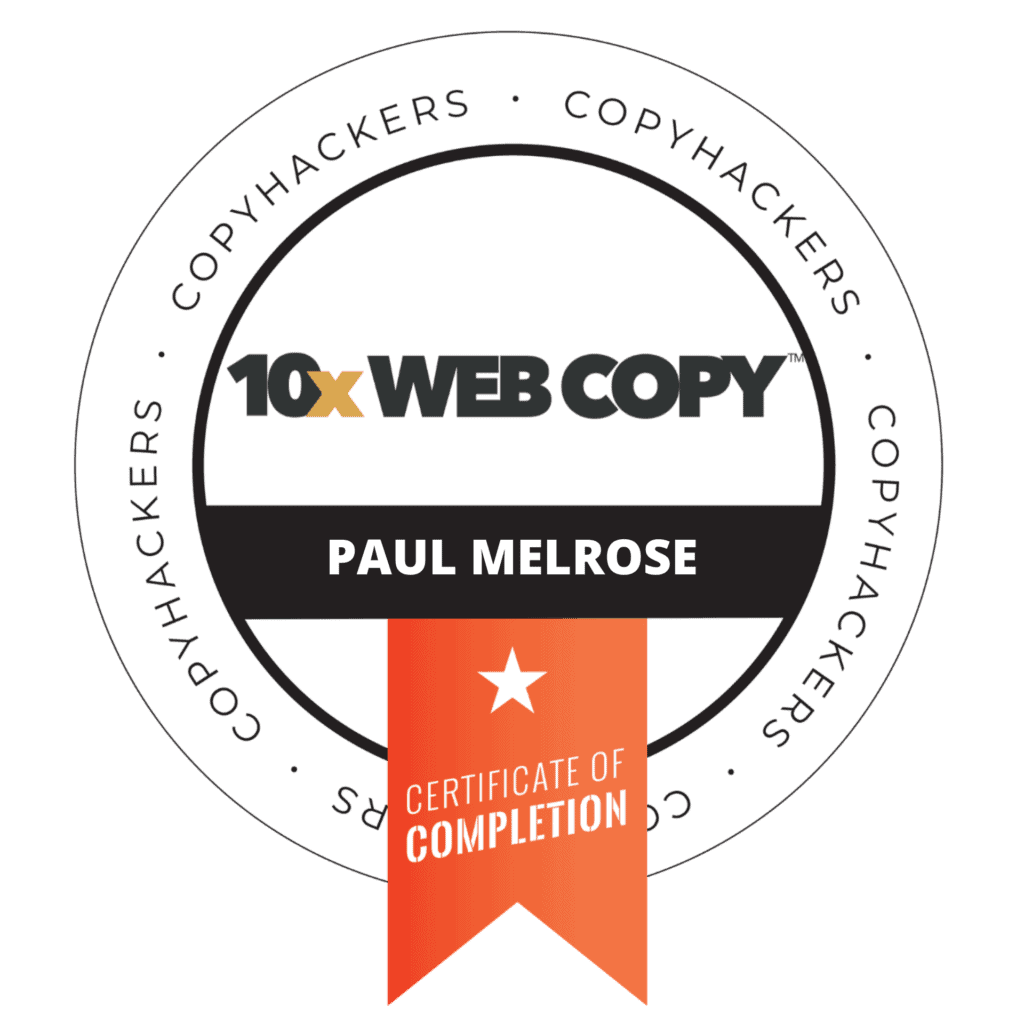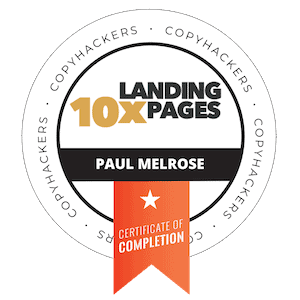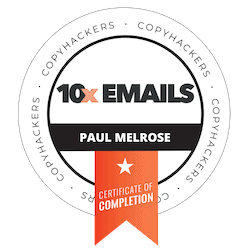You don’t have to like your copy. But you should be able to judge it.
[reading time: 3 minutes]
You should be proud of your marketing. It should reflect your values. And it should be as professional and competent as your coaching or consulting service.
But you don’t have to like it.
That’s because your marketing is not for you. You’re not the client and you should ignore your personal preferences around what you read.
But that poses a problem: How do you judge your copy, especially before it goes live for testing?
That’s what we’re going to answer in this newsletter.
How To Judge Your Marketing
Whether you write it yourself or hire a professional, you’ll need to pass judgment on your copy. And that’s difficult when it’s not written for you.
Think of it this way…
Say you have to pick party food for a bunch of kids. What you like should not come into the equation because you are not the audience. (My son needs to constantly remind me of this.)
Your copy is the same.
But that doesn’t mean you can’t use your judgment when vetting the options. You should vet.
Here are six ways you can pass useful judgment…
One: Show Me The Research
You or your copywriter should be able to justify each element of the strategy and copy with research and/or first principles. For example, the headline on your homepage should be backed by data that supports the strategic aim of that headline.
Two: Use Best Practices
If you don’t know the best practices for a website site, your emails or your social media, you need to learn them or hire someone who does. Search for ‘best practices for X’ if hiring someone is not in your budget.
Three: Follow The Golden Rule
Market unto others as you would have them market unto you.
Four: Acknowledge Your Likes and Dislikes
You will always have preferences around your copy. That’s ok. Sometimes you’ll be right. If you are aware of them, then you can make decisions about whether those preferences should result in changes.
This exercise might help you make those decisions…
Work your way through your marketing and mark up anything you don’t like. Then ask: is there data or best practices that would back up my preference for a change? If so, make the change.
If not, ask, is there data or best practices that would argue to keep what’s there? If yes, then keep it.
If you have the traffic volume to do so, test.
Five: Your Copy Is Not a College Assignment
Do not write to impress. Do not write as if you were in college. And do not ask a lit. major to write for you.
Academic or literary writing has no place in your marketing. It will cost you money.
Your copy needs to be clear enough so a 6-8th grader can understand it. Here’s how to check…
Pop your copy in the free version of Grammarly (or preferred app) and it will give you a readability score. Here’s the score for this article to this point…

The reading level is 6th grade but I still have above-average sentence length. You don’t have to dumb down your writing or be Hemingway to be clear and conprehensible.
Six: Show Me The Money
Once your copy is live, let the results by your judge. As David Ogilvy said, the only person who should decide if you need to change up your ad campaign is your accountant.
Summary
Your copy isn’t for you but that doesn’t mean you can’t pass meaningful judgment on it. You just need to be careful that your likes and dislikes don’t sabotage what your audience needs and wants to hear.
This is why hiring an outside expert is always worth the investment.
If you are writing your own copy, consider hiring a copywriter for an hour or two to review your copy. That’s what I do. I always run my own copy by a copywriter I trust and respect. And it always makes what I’ve written better.
If you’ve hired a copywriter to write for you, they should be able to justify what they’ve written – or else they are just writing what they like.
This article originally appeared in The Value Proposition Newsletter.
Subscribe below and you’ll be sent the latest edition every Saturday morning…









